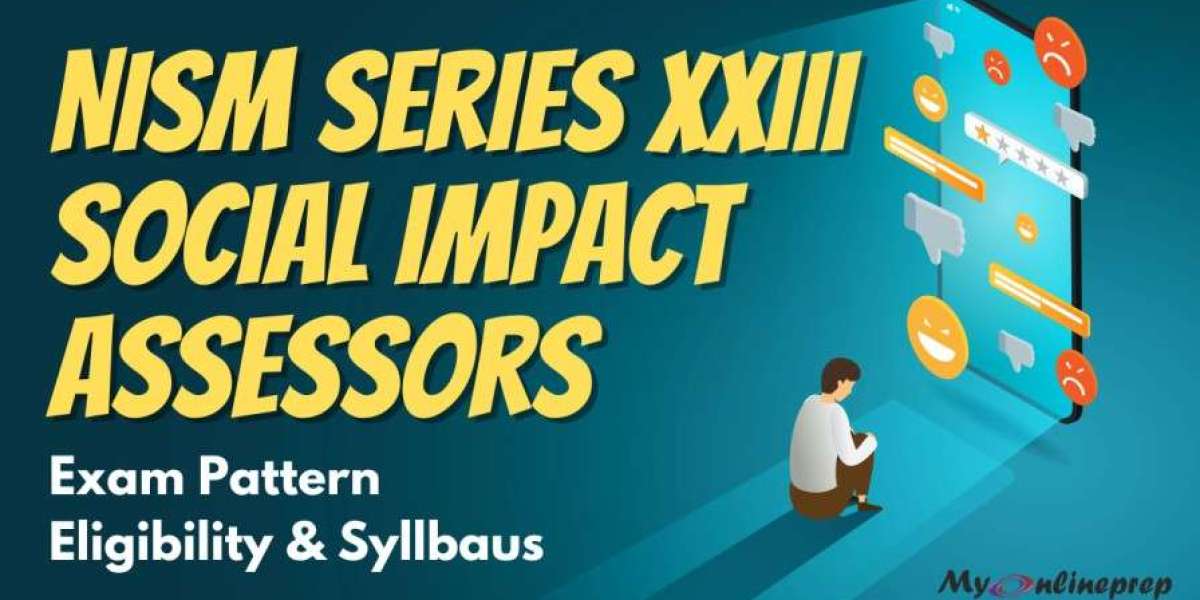The NISM VA Study Material is a mandatory certification for individuals who wish to work as mutual fund distributors in India. This certification ensures that distributors possess the necessary knowledge and understanding of mutual fund products, processes, and regulatory frameworks. Below is a concise study guide covering essential topics for the NISM Series VA examination.
- Basics of Mutual Funds
Mutual funds are investment vehicles that pool money from multiple investors to invest in securities like stocks, bonds, and other assets. Managed by professional fund managers, mutual funds provide diversification, liquidity, and access to financial markets for investors.
Types of Mutual Funds
- Equity Funds: Invest primarily in stocks and aim for capital appreciation.
- Debt Funds: Invest in fixed-income securities like bonds and aim for regular income.
- Hybrid Funds: Combine investments in both equity and debt instruments.
- Index Funds: Track a specific market index like Nifty or Sensex.
- ELSS (Equity Linked Savings Scheme): Provide tax benefits under Section 80C of the Income Tax Act.
Advantages of Mutual Funds
- Professional management
- Diversification
- Affordability (low initial investment)
- Liquidity (easy redemption of units)
- Mutual Fund Structure
Key Participants
- Sponsor: The entity that initiates the mutual fund.
- Trustee: Ensures the fund is managed in the interest of investors.
- Asset Management Company (AMC): Manages the pooled investments.
- Custodian: Holds the securities owned by the mutual fund.
- Registrar and Transfer Agent (RTA): Maintains records of investors.
Mutual Fund Units
Investors purchase "units" of a mutual fund. The Net Asset Value (NAV) represents the price of one unit and is calculated as:
NAV=Total Assets - Total LiabilitiesTotal UnitsNAV = \frac{\text{Total Assets - Total Liabilities}}{\text{Total Units}}NAV=Total UnitsTotal Assets - Total Liabilities
- Regulatory Framework
The mutual fund industry in India is regulated by the Securities and Exchange Board of India (SEBI). Key regulations include:
- SEBI (Mutual Funds) Regulations, 1996
- Guidelines on disclosure, transparency, and investor protection.
Mutual fund distributors must also comply with the Code of Conduct for Mutual Fund Intermediaries, ensuring ethical practices.
- Distribution and Sales Practices
Role of Distributors
- Educating investors about mutual fund products
- Assisting in completing the Know Your Customer (KYC) process
- Guiding investors in selecting funds based on financial goals, risk appetite, and time horizon
Modes of Distribution
- Direct Plan: Investors transact directly with the AMC.
- Regular Plan: Transactions are routed through a distributor.
- Financial Planning with Mutual Funds
Mutual funds are versatile instruments suitable for various financial goals:
- Short-Term Goals: Debt funds and liquid funds are ideal for preserving capital.
- Long-Term Goals: Equity funds help in wealth creation through market-linked returns.
- Tax Planning: ELSS funds allow tax deductions under Section 80C.
- Investor Types and Suitability
Distributors must assess the following aspects of investors before recommending products:
- Risk Appetite: Conservative, moderate, or aggressive.
- Investment Horizon: Short-term, medium-term, or long-term.
- Financial Goals: Retirement planning, child education, or wealth accumulation.
- Mutual Fund Transactions
Investment Modes
- Lump Sum: A one-time investment.
- Systematic Investment Plan (SIP): Regular investments over time.
- Systematic Transfer Plan (STP): Transfer from one scheme to another.
- Systematic Withdrawal Plan (SWP): Regular withdrawal of funds.
Redemption and Switching
- Redemption: Selling mutual fund units to the AMC.
- Switching: Moving investments between schemes.
- Risk Factors in Mutual Funds
All investments carry some level of risk. Key risks include:
- Market Risk: Fluctuations in equity or bond markets.
- Credit Risk: Default risk of issuers in debt funds.
- Liquidity Risk: Difficulty in selling securities during adverse market conditions.
- Taxation of Mutual Funds
- Equity Funds:
- Short-Term Capital Gains (STCG): Taxed at 15%.
- Long-Term Capital Gains (LTCG): Tax-free up to ₹1 lakh; above that, taxed at 10%.
- Debt Funds:
- STCG: Taxed as per the investor's income tax slab.
- LTCG: Taxed at 20% with indexation benefits.
- Ethics and Professionalism
Distributors must adhere to high ethical standards, including:
- Providing accurate information
- Avoiding misleading or exaggerated claims
- Maintaining confidentiality of client data
Preparation Tips
- Study the NISM workbook thoroughly.
- Practice mock tests to understand the question patterns.
- Focus on key topics like fund structures, regulatory norms, and investor suitability.
By mastering the above topics, candidates can confidently clear the NISM VA Study Material and excel as mutual fund distributors.
Discover More At:- nism va || nism va mock test || nism 5a mock test || nism va mock test free || nism 5a mock test free || nism va study material || nism 5a study material || nism series va mock test || nism 5a pdf || nism 5a registration || nism mock test series 5a || nism series 5a || nism va certification || nism va exam
Read More: - https://www.myonlineprep.com/free-quiz/nism/nism-5a-free-quiz
Follow Us on Facebook: - https://www.facebook.com/myonlineprep/
Follow Us on Twitter: - https://twitter.com/myonlineprep
Follow Us on YouTube: - https://www.youtube.com/myonlineprep
Follow Us on Linkedin: - https://www.linkedin.com/company/myonlineprep/
Address: - Rafin Education India Pvt Ltd 405, Emarat Firdaus, Exhibition Road, Patna - 800006 (IN)
Call US: +91 92641 49917
Email US: - info@myonlineprep.com


